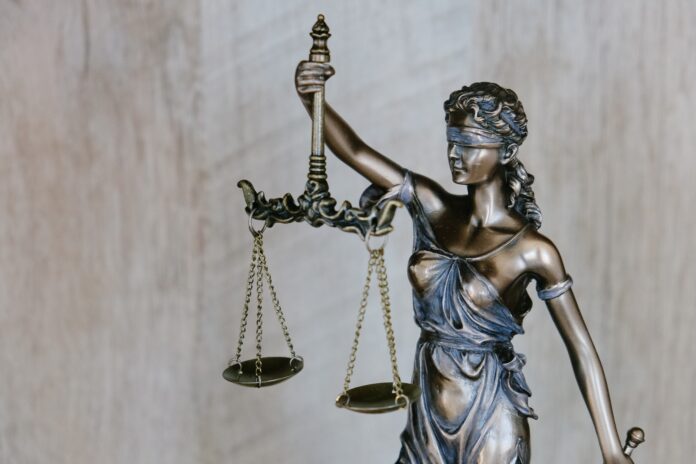
As recently revised, Model Rule 1.16(a) requires lawyers to “inquire into and assess the facts and circumstances of each representation to determine whether the lawyer may accept or continue the representation.” To reduce the risk of counseling or assisting a crime or fraud, some level of inquiry and assessment is required before undertaking each representation.
According to the American Bar Association’s Standing Committee on Ethics and Professional Responsibility, further inquiry and assessment is required when the lawyer becomes aware of a change in the facts and circumstances relating to the representation that raises questions about whether the client is using the lawyer’s services to commit or further a crime or fraud.
The lawyer’s assessment should be informed by the nature and extent of the risk the lawyer’s services will be used to commit or further a crime or fraud, according to Formal Opinion 513 released on Aug. 23.
If the lawyer determines that the representation is unlikely to involve assisting in a crime or fraud, they may undertake or continue the representation. But the committee warned that if the lawyer has “actual knowledge” their services will be used to commit or further criminal or fraudulent activity, they must decline or withdraw from the representation.
If an initial inquiry leaves the lawyer with unresolved questions about whether the representation will commit or further a crime or fraud, the committee said the attorney needs to make additional efforts to resolve those questions before accepting or continuing the representation.
The committee acknowledged the lawyer doesn’t need to resolve all doubts. But if some doubt remains even after the lawyer has conducted a reasonable inquiry, they may proceed with the representation as long as they conclude that doing so is unlikely to involve assisting or furthering a crime or fraud.
The committee provided a few examples in Opinion 513. Typically, inquiries may include getting more information about all parties related to a representation, even if they may be indirect. The lawyer would need to check all parties for conflicts of interest and confirm billing arrangements and statements and monetary relationships related to the client, among other things. If the matter is risky but the client is not, the committee said the lawyer should consider referral sources and double-check the client’s identity and address using reliable, independent sources, like a passport, a driver’s license or other government-issued identifying documents. If those things check out, the committee explained the lawyer doesn’t need to make more inquiries.
What could trigger an inquiry for an existing client?
According to the opinion, if there’s a change in facts or circumstances that calls an initial risk-based inquiry into question, that would be a reason to conduct another inquiry concerning an existing client.
The attorney can uncover the need for further inquiry a few different ways, according to the committee. It can arise when the lawyer has actual knowledge of the change, like when a client informs the lawyer of the change. Or a lawyer may become aware of changed facts and circumstances over the course of meeting obligations imposed by other rules.
But one small change alone may not warrant further inquiry into the matter or the client. The committee gave a few examples where a lawyer should review changes and noted they should apply the same standards used at intake of the client or matter.

